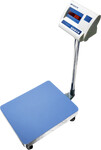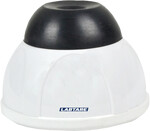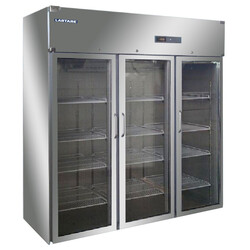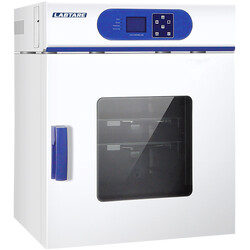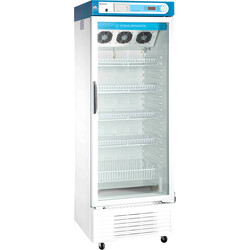Weighing Scale, a precision instrument designed for accurately measuring the weight of objects. Weighing scales find applications in various industries, including retail, manufacturing, laboratories, and healthcare. Here are the key features of our Weighing Scale:
Labstac
weighing Scale
Key Features:
- Capacity and Precision:
- Weight Capacity: The scale is designed to handle a specific maximum weight capacity, ranging from a few grams to several tons.
- Precision: Indicates the smallest division of weight that the scale can measure accurately.
- Digital or Analog Display:
- Digital Display: Most modern weighing scales feature a digital display for easy and precise reading.
- Analog Display: Traditional scales may have an analog dial for weight indication.
- Units of Measurement:
- Multiple Units: Scales can measure weight in various units such as grams, kilograms, pounds, ounces, etc.
- Tare Function:
- Tare Button: The tare function allows users to zero out the weight of containers or additional items, providing a net weight measurement.
- Platform Size:
- Platform Dimensions: The size of the weighing platform varies based on the intended use, accommodating a range of object sizes.
- Material and Construction:
- Stainless Steel or Other Materials: The weighing platform is often made of stainless steel or other durable materials suitable for the environment and usage.
- Battery or AC Power:
- Battery Operated: Portable scales are often powered by batteries, offering flexibility in usage.
- AC Power: Some scales are designed for continuous use and are powered by an AC adapter.
- Auto-Off Function (Power Saving):
- Energy Efficiency: Scales may include an auto-off function to conserve battery power when not in use.
- Load Cell Technology:
- Strain Gauge Load Cell: Common load cell technology used in digital scales, providing accurate weight measurements.
- Calibration:
- Calibration Features: Scales may have calibration features to ensure accurate readings. Calibration may be required periodically.
- Overload Protection:
- Overload Indicator: Some scales have overload indicators or protection mechanisms to prevent damage when weights exceed the capacity.
- Memory and Data Logging (Optional):
- Data Storage: Advanced scales may offer memory or data logging capabilities for recording and analyzing weight measurements over time.
- Connectivity (Optional):
- USB, Bluetooth, or Wi-Fi: Some scales have connectivity options for data transfer to external devices or software systems.
- Application-Specific Features:
- Laboratory Scales: Designed for precision in laboratory settings.
- Retail Scales: Include features for pricing and barcode scanning.
- Industrial Scales: Built to withstand rugged industrial environments.
- User-Friendly Interface:
- Easy Controls: The scale is designed with user-friendly controls for straightforward operation.
- Compliance with Standards:
- Legal Metrology Standards: Our Weighing Scale is manufactured to comply with relevant legal metrology and industry standards, ensuring accuracy and compliance.




